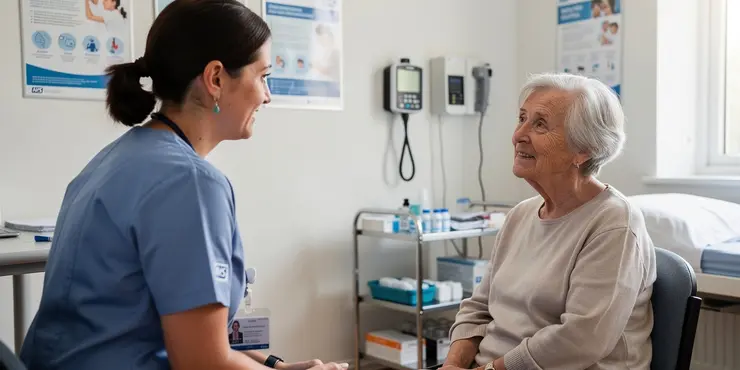
Find Help
More Items From Ergsy search
-
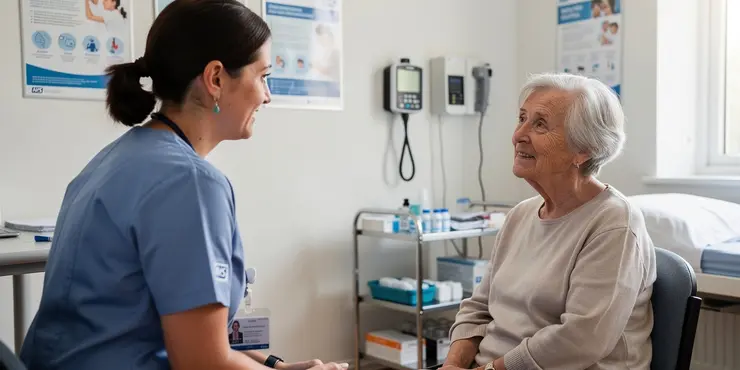
What are the long-term effects of repeated heatwave exposure?
Relevance: 100%
-
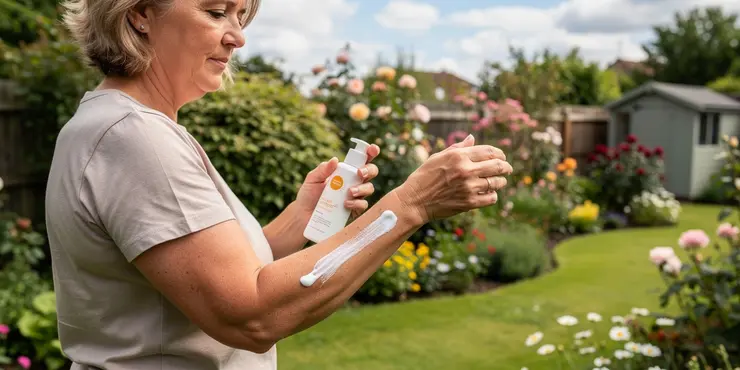
What are the long-term effects of sunburn?
Relevance: 43%
-

Can drink spiking cause long-term health effects?
Relevance: 37%
-
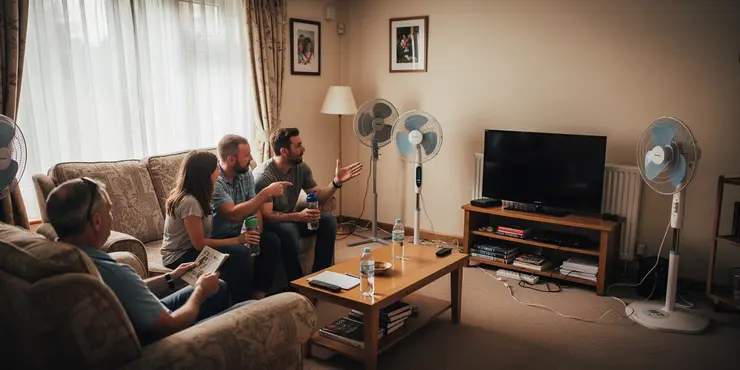
What should I do during a heatwave?
Relevance: 36%
-

Are there any long-term effects of rice food poisoning?
Relevance: 34%
-

Are there any long-term effects of using Botox?
Relevance: 33%
-

Is it safe to take cold showers during a heatwave?
Relevance: 32%
-
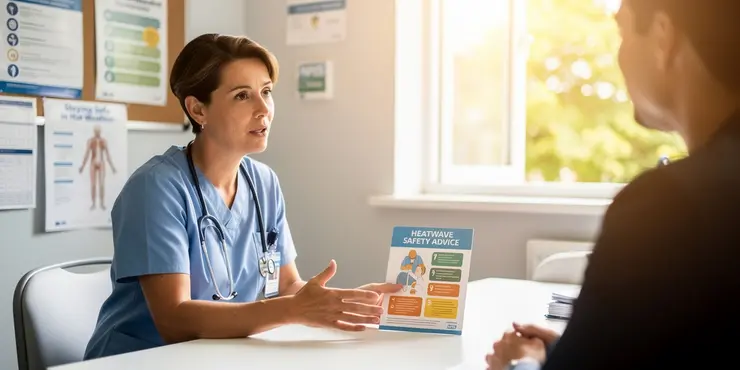
What activities should I avoid during a heatwave?
Relevance: 32%
-
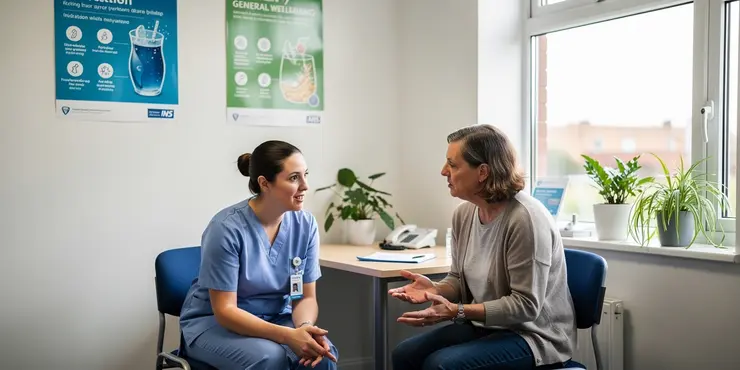
Should I avoid alcohol during a heatwave?
Relevance: 31%
-

Is it safe to exercise outside during a heatwave?
Relevance: 30%
-

Are there any long-term effects of Chikungunya infection?
Relevance: 30%
-
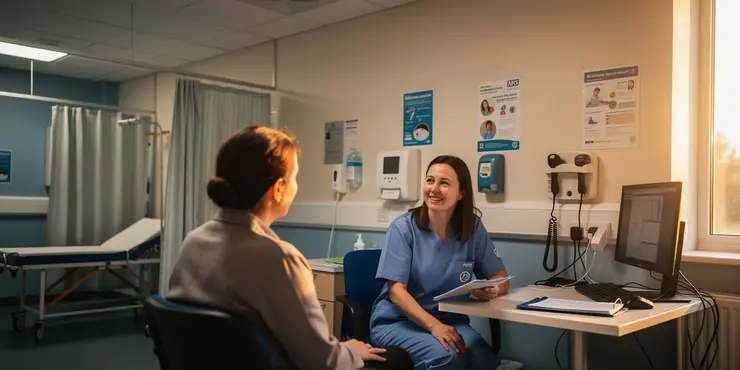
Are there any long-term effects of gonorrhoea?
Relevance: 30%
-

What should I wear during a heatwave?
Relevance: 29%
-
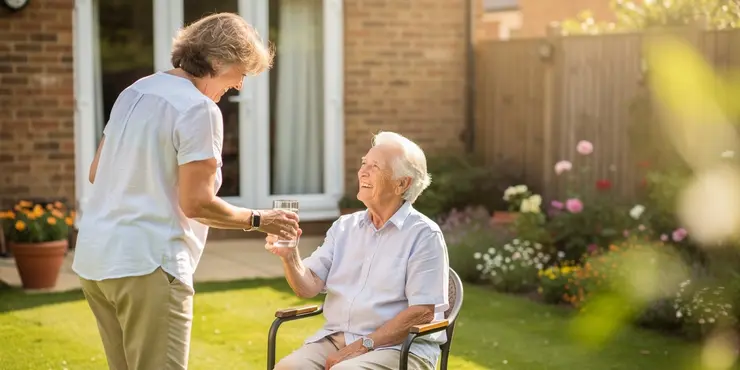
Is it necessary to check on neighbors during a heatwave?
Relevance: 29%
-
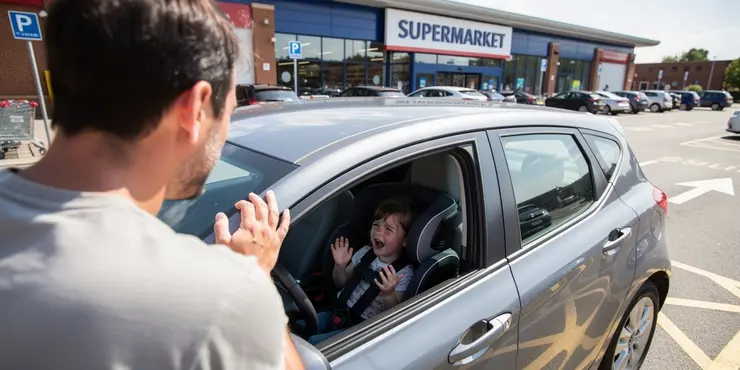
Can staying in a car during a heatwave be dangerous?
Relevance: 29%
-

Does ketamine have long-term effects?
Relevance: 29%
-
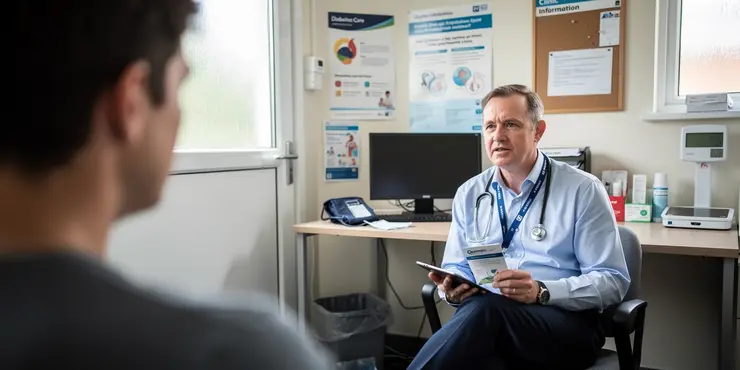
Are there any long-term effects of using Ozempic?
Relevance: 29%
-

How can I keep children safe during a heatwave?
Relevance: 29%
-
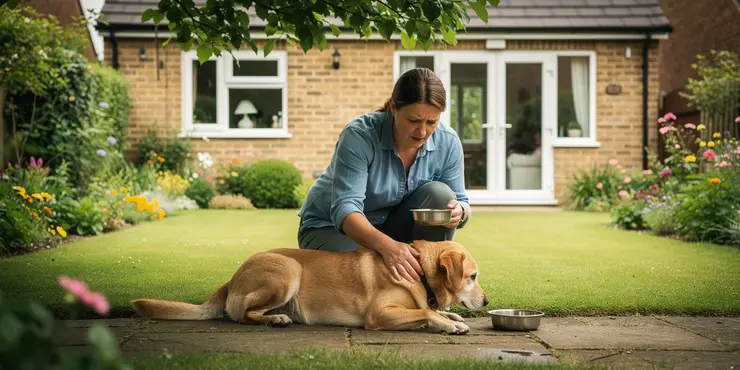
How can I ensure pets are safe during a heatwave?
Relevance: 29%
-
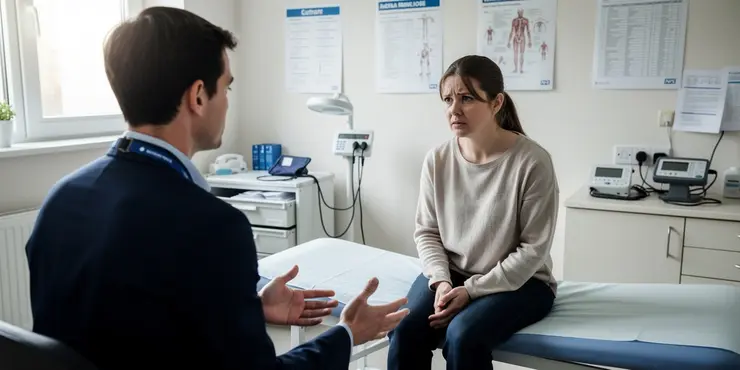
Can whiplash have long-term effects?
Relevance: 29%
-
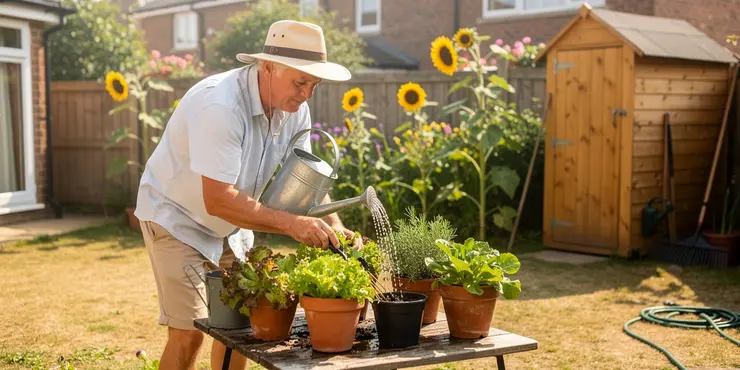
How can I keep my plants alive during a heatwave?
Relevance: 28%
-
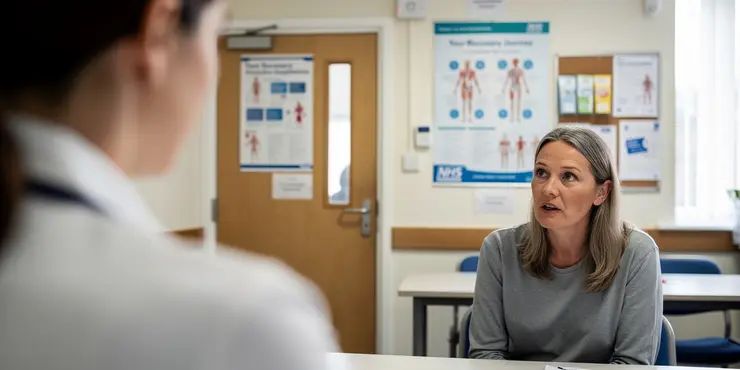
What are the long-term effects of a heart attack?
Relevance: 28%
-
What are the long-term effects of untreated eating disorders?
Relevance: 28%
-
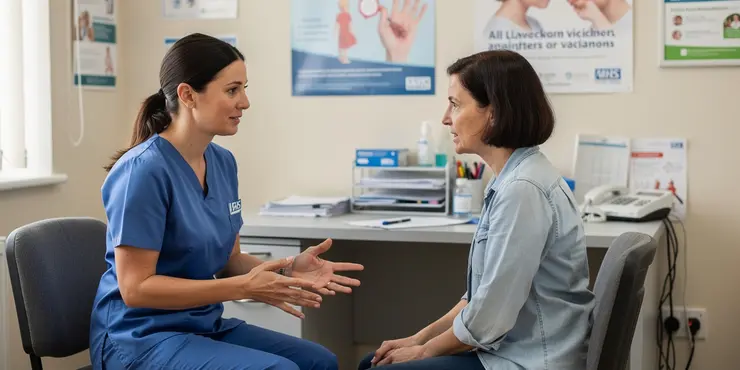
Are there any long-term side effects of the COVID jab?
Relevance: 28%
-
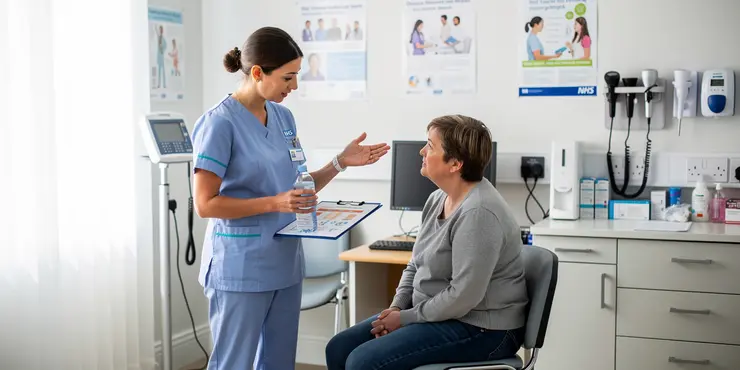
How much water should I drink during a heatwave?
Relevance: 27%
-
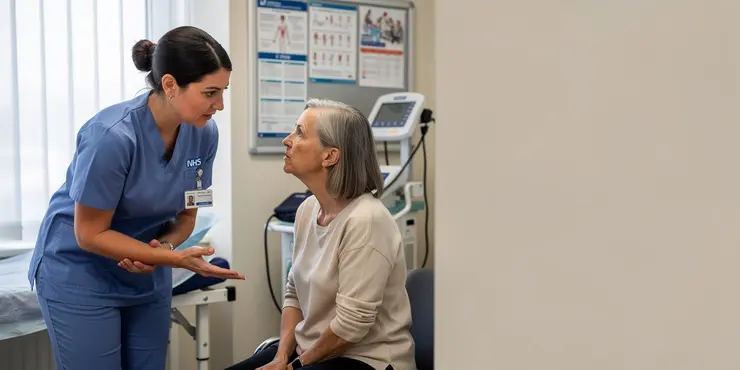
Should I take any special precautions if I have a medical condition during a heatwave?
Relevance: 27%
-

What apps or services can help me monitor the weather during a heatwave?
Relevance: 27%
-

How can I prevent heatstroke during a heatwave?
Relevance: 27%
-

What foods are best to eat during a heatwave?
Relevance: 25%
-

How can I stay cool indoors during a heatwave?
Relevance: 25%
-
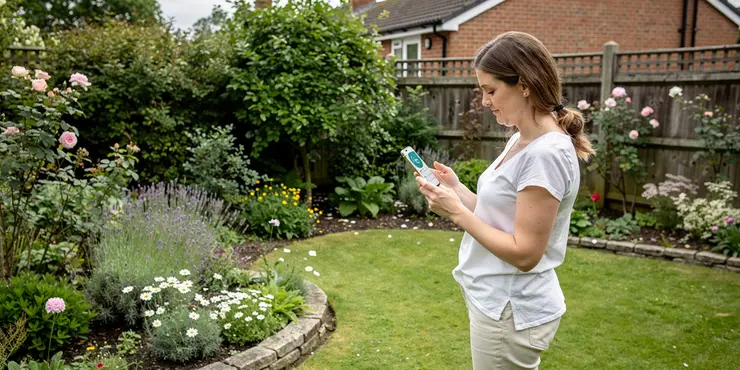
How can I reduce my exposure to pollen?
Relevance: 25%
-

Should I adjust my exercise routine during a heatwave?
Relevance: 25%
-
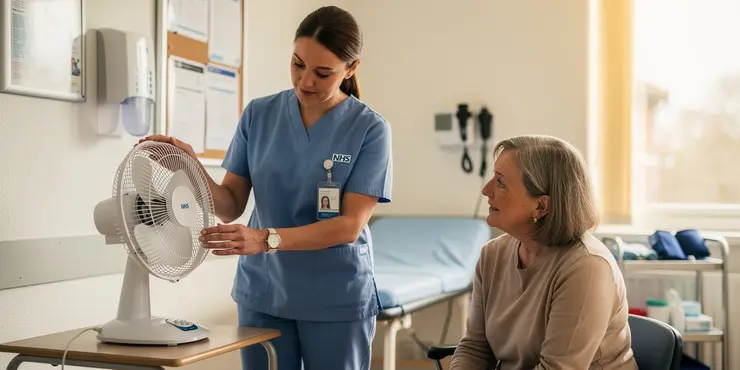
How can I sleep comfortably during a heatwave?
Relevance: 24%
-

How do concussions impact long-term health in rugby players?
Relevance: 24%
-

How to stay cool during a heatwave
Relevance: 24%
-
Is pre-tanning in a sunbed a good way to prepare my skin for sun exposure?
Relevance: 24%
-
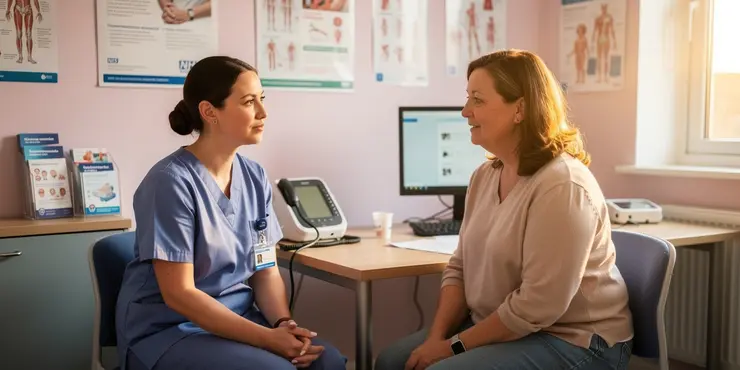
Are there any side effects from long-term use of weight loss jabs?
Relevance: 24%
-

Are there any special precautions for pets during a heatwave?
Relevance: 23%
-

How can I keep my kids cool during a heatwave?
Relevance: 23%
-

How effective is Botox?
Relevance: 21%
Introduction
Heatwaves, prolonged periods of excessively hot weather, have become more frequent and intense in recent years, partly due to climate change. The United Kingdom, while historically known for its moderate climate, has seen a rise in such events. Understanding the long-term effects of repeated heatwave exposure is crucial for public health, infrastructure planning, and environmental management.
Impact on Human Health
Long-term exposure to heatwaves can lead to several adverse health effects. Heat exhaustion and heatstroke are immediate risks, but chronic exposure has more insidious impacts. Prolonged high temperatures can exacerbate pre-existing conditions like cardiovascular, respiratory, and kidney diseases. Heat stress can also affect mental health, increasing anxiety, depression, and irritability.
Vulnerable populations, including the elderly, children, and those with pre-existing health conditions, are at higher risk of suffering severe health consequences. Over time, repeated heat stress can weaken the body’s thermoregulatory capabilities, making individuals more susceptible to heat-related illnesses.
Environmental Consequences
Heatwaves significantly impact the environment, contributing to droughts, reduced water quality, and the deterioration of ecosystems. Prolonged high temperatures can lead to soil degradation and reduced agricultural productivity, influencing food security. Forests and wildlife are also affected, as heatwaves can increase the frequency and severity of wildfires, threatening biodiversity.
In urban areas, the urban heat island effect can exacerbate the impact of heatwaves, leading to increased energy consumption and higher emissions due to the elevated demand for cooling systems. This, in turn, contributes to further climate change, creating a feedback loop.
Social and Economic Implications
The social and economic implications of repeated heatwave exposure are substantial. There are direct financial costs associated with increased healthcare needs, emergency services, and damage to infrastructure. Productivity losses occur as workers, particularly in outdoor occupations, are unable to perform efficiently in extreme heat, affecting businesses and the economy.
Community resilience can be compromised as heatwaves put stress on public infrastructure, such as transportation and energy systems. Prolonged heat can damage roads and railways, leading to costly repairs and disruptions. Adaptation measures, such as green urban planning and improving building design, require significant investments.
Conclusion
As the frequency and intensity of heatwaves increase, understanding their long-term effects is crucial for creating adaptive strategies. Public health initiatives, infrastructure resilience, and environmental conservation are essential areas that require attention. Educating the population on heatwave preparedness and implementing sustainable development practices can help mitigate the impacts and protect future generations.
Introduction
A heatwave is a long time of very hot weather. They are happening more often because of climate change. The UK, usually not too hot, is seeing more heatwaves. Knowing how these can affect us is important to keep people healthy and plan for the future.
Impact on Human Health
Being in a heatwave for a long time can make people sick. You can get heat exhaustion or heatstroke quickly. Over time, being too hot can make existing health problems worse, like heart, lung, and kidney troubles. Being too hot can also make people feel worried, sad, and grumpy.
Older people, children, and those already sick are at more risk. If the body gets too hot too often, it can't cool down easily, making them even more at risk.
Environmental Consequences
Heatwaves also hurt the environment. They can cause droughts, dirty water, and harm to nature. Hot weather can ruin soil and hurt farms, affecting food. Forests and animals can suffer, with more fires happening more easily.
Cities get even hotter because of buildings and roads. This makes people use more electricity to stay cool, which can harm the climate more.
Social and Economic Implications
Heatwaves cost a lot of money. More people need doctors, roads and buildings can get damaged, and workers outside can't do their jobs well in the heat. This affects businesses and the economy.
Communities struggle because roads and trains can get damaged from the heat, costing money to fix. We need to plan better for cities and make buildings cooler, which takes a lot of money.
Conclusion
As heatwaves happen more, we need to know how to handle them. It's important to keep people healthy and city structures strong. Learning about heatwaves and planning for the future can keep us safe and protect the planet.
Frequently Asked Questions
What are the health risks associated with repeated heatwave exposure?
Repeated heatwave exposure can lead to heat-related illnesses such as heat exhaustion and heat stroke, exacerbate chronic conditions like cardiovascular and respiratory diseases, and increase the risk of dehydration and kidney issues.
How does repeated exposure to heatwaves affect mental health?
Chronic heat exposure can exacerbate mental health issues, leading to increased anxiety, depression, and stress due to discomfort and sleep disturbances during heatwaves.
Can repeated heatwaves affect the body's ability to regulate temperature?
Yes, repeated exposure to extreme heat can impair the body's thermoregulation ability, making individuals more susceptible to heat-related illnesses.
What are the effects of prolonged heat on the cardiovascular system?
Prolonged heat exposure can increase heart rate and blood pressure, leading to a higher risk of cardiovascular events such as heart attacks and strokes.
How does continuous exposure to high temperatures impact the elderly?
The elderly are more vulnerable to heat because of diminished thermoregulation, preexisting health conditions, and the potential for medications to interfere with heat dissipation.
Can repeated heatwaves affect sleep patterns?
Yes, excessive heat can disrupt sleep by affecting sleep cycles and reducing overall sleep quality, leading to fatigue and decreased cognitive function.
How does heatwave exposure influence respiratory health?
Heat can exacerbate respiratory conditions like asthma and COPD due to increased air pollutants and pollen levels during heatwaves.
Are children more vulnerable to the effects of heatwaves?
Yes, children are more vulnerable due to their higher body surface area-to-mass ratio and their bodies' less efficient cooling mechanisms.
What are the potential effects on kidney health from repeated heat exposure?
Dehydration from heat can strain the kidneys, increasing the risk of kidney stones and potential long-term damage if dehydration is chronic.
How does repeated heat exposure impact occupational health?
Workers exposed to high temperatures may face heat stress, resulting in decreased performance, increased accident risk, and occupational illnesses.
Can heatwaves lead to long-term changes in community health?
Yes, with more frequent heatwaves, communities may see increased health care demands, strained resources, and the need for adaptations to reduce heat risks.
Does repeated exposure to heatwaves lead to acclimatization?
While some acclimatization can occur, repeated extreme exposure still poses health risks, particularly to those with preexisting conditions or who are vulnerable.
How might repeated heat exposure affect nutrition?
High temperatures can reduce appetite and alter dietary patterns, potentially leading to nutritional deficiencies or imbalances.
What are the social implications of frequent heatwaves?
Frequent heatwaves can lead to social disruptions, including reduced productivity, economic impacts, and increased social inequality in affected regions.
Can heatwaves exacerbate air pollution?
Yes, heatwaves can increase air pollution levels as heat and sunlight facilitate the formation of ground-level ozone and worsen air quality.
How does urbanization impact the effects of heatwaves?
Urbanization increases heat retention due to the heat island effect, amplifying the impact of heatwaves in densely populated areas.
What measures can communities take to mitigate the effects of heatwaves?
Communities can implement cooling centers, improve green spaces, enhance public education on heat risks, and ensure resilient infrastructure.
Are certain areas more prone to the effects of heatwaves?
Regions with arid climates, high urbanization, and lack of green spaces are more vulnerable to the severe effects of repeated heatwaves.
Could climate change impact the frequency and severity of heatwaves?
Yes, climate change is expected to increase the frequency, duration, and intensity of heatwaves globally, posing greater long-term risks.
What role does public awareness play in combating heatwave effects?
Public awareness programs are crucial for educating individuals on precautions, recognizing heat illnesses, and fostering community resilience against heatwaves.
What can happen to your health if it gets too hot a lot?
When it gets very hot many times, it can make you feel sick. This is because your body finds it hard to cool down. Here are some things that might happen:
- You might feel very tired and weak.
- You can get headaches and feel dizzy.
- Your skin might get red and feel hot.
- You might have trouble breathing.
- Your heart might beat very fast.
Here are some things you can do to stay safe when it is very hot:
- Drink lots of water.
- Stay in the shade or inside where it is cool.
- Wear light clothes.
- Rest and take breaks often.
If you feel very sick, tell an adult.
Being in very hot weather a lot can make people sick. It can cause problems like feeling very tired from the heat or getting heat stroke. It can also make heart and breathing problems worse. Hot weather can make people lose too much water from their bodies, which can hurt the kidneys.
How do many hot days in a row affect how we feel?
When it gets really hot, day after day, it can make us feel not so good inside our heads. We might feel more tired, grumpy, or upset. It's important to stay cool and talk to someone if we start feeling bad. We can also try using things like fans or taking cool showers to help us feel better.
Being in hot weather for a long time can make mental health problems worse. It can make people feel more worried, sad, and stressed. This is because being too hot can make people feel uncomfortable and have trouble sleeping during very hot weather.
Can lots of hot weather change how our body keeps cool?
Yes, being in very hot places often can make it harder for the body to stay cool. This can make people more at risk of getting sick from the heat.
How does being hot for a long time affect the heart and blood flow?
When it is hot outside, your heart needs to work harder to keep you cool. Here is how it can affect you:
- Your heart beats faster.
- You may sweat a lot.
- It is easy to feel tired or dizzy.
Remember to drink water and rest in the shade to stay safe.
Being in the heat for a long time can make your heart beat faster and make your blood pressure go up. This can make it more likely to have heart problems like heart attacks and strokes.
How does being in hot weather for a long time affect older people?
Hot weather can be tough for older people. Here are some things that can help:
- Drink lots of water
- Stay inside when it's hot
- Use a fan or air conditioner to keep cool
- Wear light clothes
- Ask someone for help if you feel too hot
Older people can have trouble when it gets too hot. This is because their bodies can't cool down as well. They might also have health problems that make it harder to deal with the heat. Some medicines can also make people feel even hotter.
Can hot weather make it hard to sleep?
Yes, being too hot can make it hard to sleep well. It can mess up your sleep routine and make your sleep not as good. This can make you feel very tired and less able to think clearly.
How does hot weather affect breathing?
When it gets really hot outside, it can make breathing problems worse. People with asthma or COPD might have a harder time. This is because there is more bad stuff, like dirt and pollen, in the air when it is hot.
Do heatwaves affect children more than adults?
Heatwaves are very hot weather that lasts for a while. Children can get sick faster from the heat than adults. Their bodies don't cool down as easily. It's important to keep them safe and cool.
Tips to help:
- Stay indoors or in the shade when it's very hot.
- Drink lots of water to stay hydrated.
- Wear light and cool clothes.
- Take breaks and rest often if playing outside.
Yes, children can get too hot more easily. This is because they have more skin compared to their body size and their bodies are not as good at staying cool.
How can being in the heat a lot affect your kidneys?
Here is what you need to know:
- Kidneys help clean the blood in your body.
- Being too hot many times can be hard for your kidneys.
- You might need to drink more water to help your kidneys.
- If you feel sick, it is good to tell a grown-up or a doctor.
- Tools like reminders to drink water or staying cool inside can help
Remember: Take breaks if it is hot and drink water to stay healthy!
When you are too hot and don't drink enough water, your body loses water. This can make your kidneys work too hard. It can cause little stones called kidney stones. If you don't drink enough water for a long time, it can hurt your kidneys.
What happens to workers' health when they get too hot at work many times?
People who work in hot places can get too hot. This can make them tired, cause more accidents, and make them sick.
Can hot weather affect people's health for a long time?
When it gets very hot, it can make people sick. This is called a heatwave. A heatwave can make people feel tired and dizzy. Some people might even need to see a doctor.
Hot weather can hurt people's health, especially if it happens a lot. It is important to drink water and stay cool when it is hot outside. This can help keep you healthy.
Learning more about heatwaves can help people stay safe. You can look at the weather forecast to know when a heatwave is coming.
When it gets really hot a lot, people might get sick. They might need more help from doctors and nurses.
This can make it hard for hospitals and helpers because more people need their help at once.
We might need to find new ways to stay cool and safe when it is very hot.
Some things that can help are drinking lots of water, resting in the shade, and using fans or air conditioning if you can.
Can getting used to heatwaves make us handle hot weather better?
When we have a lot of hot days, does our body learn to deal with them better?
Here are some tips to help understand:
- Think about what happens on very hot days.
- Ask someone to talk about what they do when it's hot.
- Use pictures or drawings to show how we might get used to the heat.
Being in very hot or cold places a lot can still make you sick. This is especially true if you already have health problems or if you get sick easily.
What happens to food when it gets hot a lot?
Hot weather can make people want to eat less. This might change what they eat and could mean they do not get all the important vitamins and minerals they need.
Here are some tips to help:
- Drink lots of water. It helps keep the body cool.
- Try to eat colorful fruits and vegetables. They have lots of good vitamins.
- Eat small meals more often. This can be easier when it is hot.
If you are having trouble with food during hot weather, talk to someone who can help, like a doctor or a nutritionist.
How do lots of heatwaves affect people and communities?
Heatwaves happen a lot when it gets very hot outside. This can cause problems. People might not work as well. Money can become a problem. Some people might be hurt more than others.
Do heatwaves make air pollution worse?
Hot weather, called a heatwave, can make the air dirty. This is because heat and sunlight help make more ground-level ozone. This makes the air worse to breathe.
If you have trouble reading, you might like to use tools like audiobooks or videos. These can help you learn in different ways.
How do cities make heatwaves worse?
Cities have lots of buildings and roads. These make things hotter. Trees and plants help cool things down. But cities have fewer of these. This makes heatwaves feel even hotter in cities.
Tools to help:
- Use a fan to stay cool.
- Drink lots of water.
- Find shade under trees if possible.
Cities can get extra hot. This is because lots of buildings and roads trap heat. It makes heatwaves feel even hotter in places where many people live close together.
How can communities stay safe during very hot weather?
Communities can do things to stay cool and safe when it's really hot outside. Here are some ideas:
- Set up cool places for people to go, like community centers or libraries.
- Plant more trees to give shade.
- Make sure everyone has plenty of water to drink.
- Check on neighbors, especially older people or those who live alone.
- Use fans or air conditioning if you have them.
Use pictures or drawings to help understand these ideas. Ask for help if you need it. Remember, it’s important to stay cool and safe during hot weather!
Communities can set up places where people can go to cool down, make parks better, teach people about staying safe in the heat, and build strong buildings and roads.
Do some places get too hot more often?
Here is a simpler way to understand and read this question. You can use pictures or maps to help see which places get too hot. Talking with someone or using audiobooks might also help.
Places that are very dry, crowded with people, and don’t have many parks or green areas are more in danger when it gets really hot again and again.
Will climate change cause more heatwaves? Will they be worse?
Climate change can make the Earth warmer. This might mean more heatwaves happen. Heatwaves are times when it is very hot outside. They could also become more serious, making it harder for people and animals.
Here are some tips to help understand:
- Look at pictures or videos about climate change.
- Ask an adult to explain more.
- Use simple books or apps about weather.
Climate change means there will be more heatwaves. These heatwaves will come more often, last longer, and be stronger. This is a problem for the future.
How can telling people help stop problems from heatwaves?
Programs that teach people about heat are very important. They help us learn how to stay safe in hot weather, know the signs of getting too hot, and make our communities stronger.
Useful Links
This website offers general information and is not a substitute for professional advice.
Always seek guidance from qualified professionals.
If you have any medical concerns or need urgent help, contact a healthcare professional or emergency services immediately.
Some of this content was generated with AI assistance. We’ve done our best to keep it accurate, helpful, and human-friendly.
- Ergsy carfully checks the information in the videos we provide here.
- Videos shown by Youtube after a video has completed, have NOT been reviewed by ERGSY.
- To view, click the arrow in centre of video.
- Most of the videos you find here will have subtitles and/or closed captions available.
- You may need to turn these on, and choose your preferred language.
- Go to the video you'd like to watch.
- If closed captions (CC) are available, settings will be visible on the bottom right of the video player.
- To turn on Captions, click settings .
- To turn off Captions, click settings again.
More Items From Ergsy search
-

What are the long-term effects of repeated heatwave exposure?
Relevance: 100%
-

What are the long-term effects of sunburn?
Relevance: 43%
-

Can drink spiking cause long-term health effects?
Relevance: 37%
-

What should I do during a heatwave?
Relevance: 36%
-

Are there any long-term effects of rice food poisoning?
Relevance: 34%
-

Are there any long-term effects of using Botox?
Relevance: 33%
-

Is it safe to take cold showers during a heatwave?
Relevance: 32%
-

What activities should I avoid during a heatwave?
Relevance: 32%
-

Should I avoid alcohol during a heatwave?
Relevance: 31%
-

Is it safe to exercise outside during a heatwave?
Relevance: 30%
-

Are there any long-term effects of Chikungunya infection?
Relevance: 30%
-

Are there any long-term effects of gonorrhoea?
Relevance: 30%
-

What should I wear during a heatwave?
Relevance: 29%
-

Is it necessary to check on neighbors during a heatwave?
Relevance: 29%
-

Can staying in a car during a heatwave be dangerous?
Relevance: 29%
-

Does ketamine have long-term effects?
Relevance: 29%
-

Are there any long-term effects of using Ozempic?
Relevance: 29%
-

How can I keep children safe during a heatwave?
Relevance: 29%
-

How can I ensure pets are safe during a heatwave?
Relevance: 29%
-

Can whiplash have long-term effects?
Relevance: 29%
-

How can I keep my plants alive during a heatwave?
Relevance: 28%
-

What are the long-term effects of a heart attack?
Relevance: 28%
-
What are the long-term effects of untreated eating disorders?
Relevance: 28%
-

Are there any long-term side effects of the COVID jab?
Relevance: 28%
-

How much water should I drink during a heatwave?
Relevance: 27%
-

Should I take any special precautions if I have a medical condition during a heatwave?
Relevance: 27%
-

What apps or services can help me monitor the weather during a heatwave?
Relevance: 27%
-

How can I prevent heatstroke during a heatwave?
Relevance: 27%
-

What foods are best to eat during a heatwave?
Relevance: 25%
-

How can I stay cool indoors during a heatwave?
Relevance: 25%
-

How can I reduce my exposure to pollen?
Relevance: 25%
-

Should I adjust my exercise routine during a heatwave?
Relevance: 25%
-

How can I sleep comfortably during a heatwave?
Relevance: 24%
-

How do concussions impact long-term health in rugby players?
Relevance: 24%
-

How to stay cool during a heatwave
Relevance: 24%
-
Is pre-tanning in a sunbed a good way to prepare my skin for sun exposure?
Relevance: 24%
-

Are there any side effects from long-term use of weight loss jabs?
Relevance: 24%
-

Are there any special precautions for pets during a heatwave?
Relevance: 23%
-

How can I keep my kids cool during a heatwave?
Relevance: 23%
-

How effective is Botox?
Relevance: 21%


